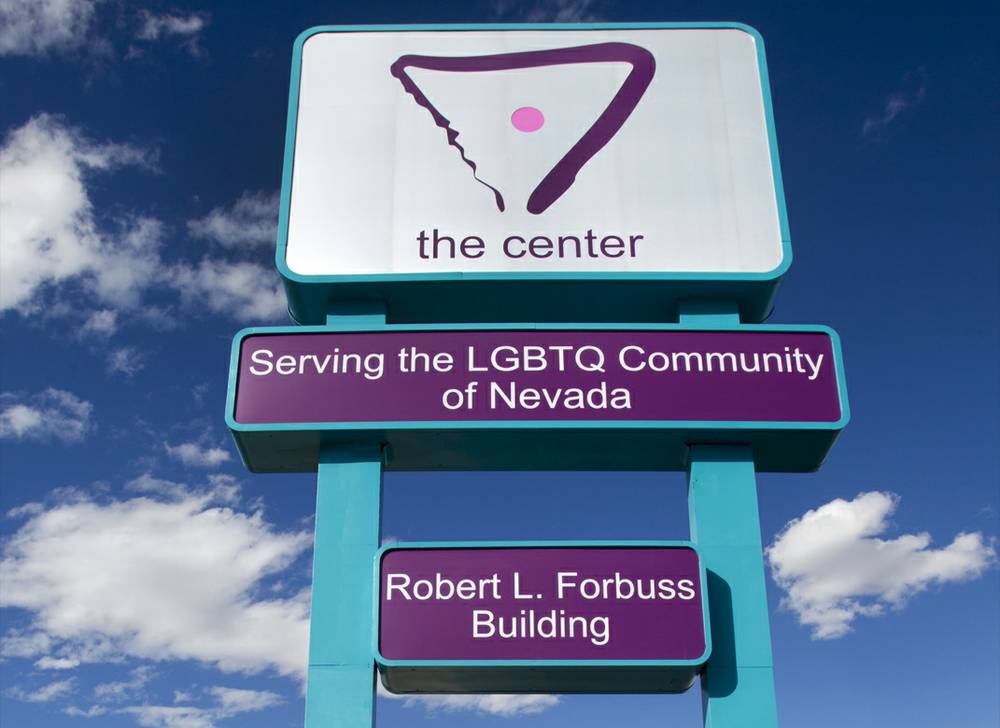The donation of valuable blood is being discouraged with “a simple grammatical question,” according to End the Ban organizer Colby Spencer. Reacting to the donor survey classifying all men who have sex with other men (labeled MSM) as high-risk, the End the Ban blood drive at Downtown’s LGBT Center July 10 invited friends of MSM to donate in their place.
The FDA recommended a lifetime ban on MSM blood donation in 1983. On its website, the FDA states that, “MSM are, as a group, at increased risk for HIV, hepatitis B and certain other infections.” The eligibility questionnaire for nationwide blood-bank collective Blood Systems words the MSM question, “Have you had sexual contact with another male, even once?” even though that same survey covers testing positive or having sexual relations with someone who tests positive for HIV/AIDS.
“I’ve got paperwork showing I’m HIV-negative. … I’m a perfectly qualified blood donor,” Spencer said. “If that question was, have I engaged in behavior that would put me at risk for the transmission of HIV, I could answer that question no and be able to donate.”
But after decades of LGBT activism and recent calls from prominent health organizations like the American Red Cross, the FDA recently proposed a policy change—reducing the all-out ban to a deferral period of 12 months from a man’s last sexual contact (reportedly to guard against HIV tests missing recent infections). After the FDA releases final rules following a 60-day public-comment period slated to end this month, gay and bisexual men who abstain for an entire year might be eligible to give blood.
“The fact that they reduced [the recommendation] from a lifetime of discrimination to 12 months of discrimination is really irrelevant,” Spencer said, pointing out that while the proposed guideline would put the U.S. “on par” with the U.K. and Australia, other places are more progressive, like Italy, which has asked a behavior-based question on its survey since 2001. “And there’s been no averse effects on their blood supply whatsoever. As long as the question is still on orientation, I’m going to have a problem with it.”
The Center reports more than 50 people donated at End the Ban.
“I can’t, for the life of me, figure out why they would be rejecting this blood based on sexuality,” said donor Allison Tregor. “I have a lot of friends who are rejected … I’d be happy to donate in their place and raise awareness for something that I feel is asinine and antiquated.”





